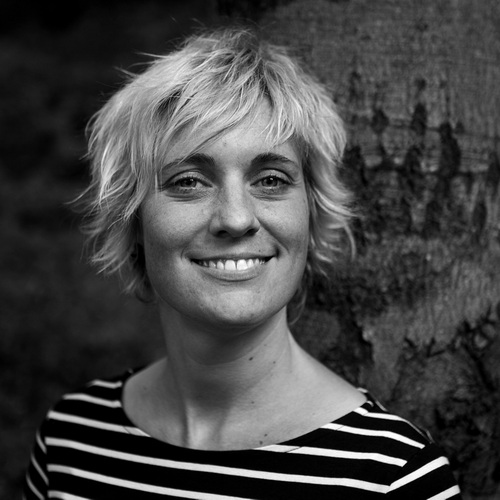Gwendolyn Kusters
Landscape Architect, IFLA delegate of BAK
About the speaker
Gwendolyn Kusters is a passionate landscape architect who values interdisciplinary cooperation, particularly among planning disciplines. In 2012, she co-founded Newkammer in Lower Saxony. Newkammer collaborates with various organizations to promote landscape architecture, architecture, interior design and urban planning. They believe that only by working together on climate adaptation, biodiversity preservation, digitalisation, and local community engagement, we champion a sustainable future.
This interdisciplinary collaboration is practised in her professional context as a public service employee. Kusters has extensive experience in various municipal administrations, working in cities of different sizes and in diverse specialist areas both nationally and internationally. Her areas of expertise include open space planning, project management, digital urban development, urban planning and public participation. Kusters is currently working in the urban development department of the city of Garbsen in the Hanover region on sustainable rural settlement development starting with the green infrastructure.
Managing Space: Strategies for Sustainable Design
As we all know, space on Earth is limited and detached houses take up a lot of it. Yet, there's a relentless demand for detached houses, especially in rural Germany. With over 90% of Germany being very or predominantly rural and more than half of the population living in these regions, changing construction methods could significantly reduce land consumption. However, the desire for detached houses is deeply rooted in the population and political bodies, leading local authorities to continue designating greenfield sites for these homes.
To address this, the Lower Saxony Chamber of Architects initiated workshops called "Municipalities Building the Future." These workshops inform political decision-makers in rural municipalities about alternatives to land-consuming detached houses. They showcase best-practice examples of space-saving construction methods and the advantages of informal concept planning in cooperation with the local population before legally binding land-use planning.
A notable example of this informal concept planning is the Meyenfeld structural concept. To double the size of the village of Meyenfeld, the municipality of Garbsen adopted a new approach: after closely examining the existing village structure with local input, they developed a settlement vision based on blue-green infrastructure, preserving more living space and extensive public green areas.
This project highlights the crucial role of landscape architects in managing space. Given limited land availability, landscape architects must intertwine different uses from the early planning stages. This approach aligns with the main theme of the Plan(e)tscape conference, focusing on public green spaces and nature-based solutions for water management, alongside other ecological approaches in contemporary landscape architecture.
In essence, this presentation demonstrates how early-stage spatial management can create sustainable, resilient, and multifunctional settlements. Key elements include working with existing structures, integrating blue-green infrastructure, and involving citizen participation. This holistic approach ensures the development of vibrant, eco-friendly communities.
